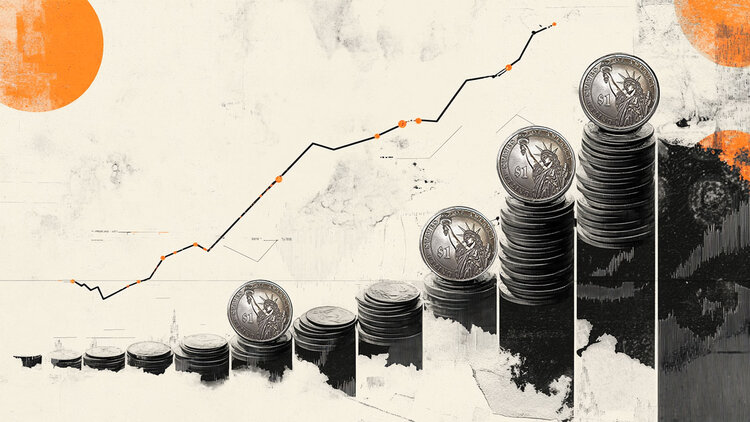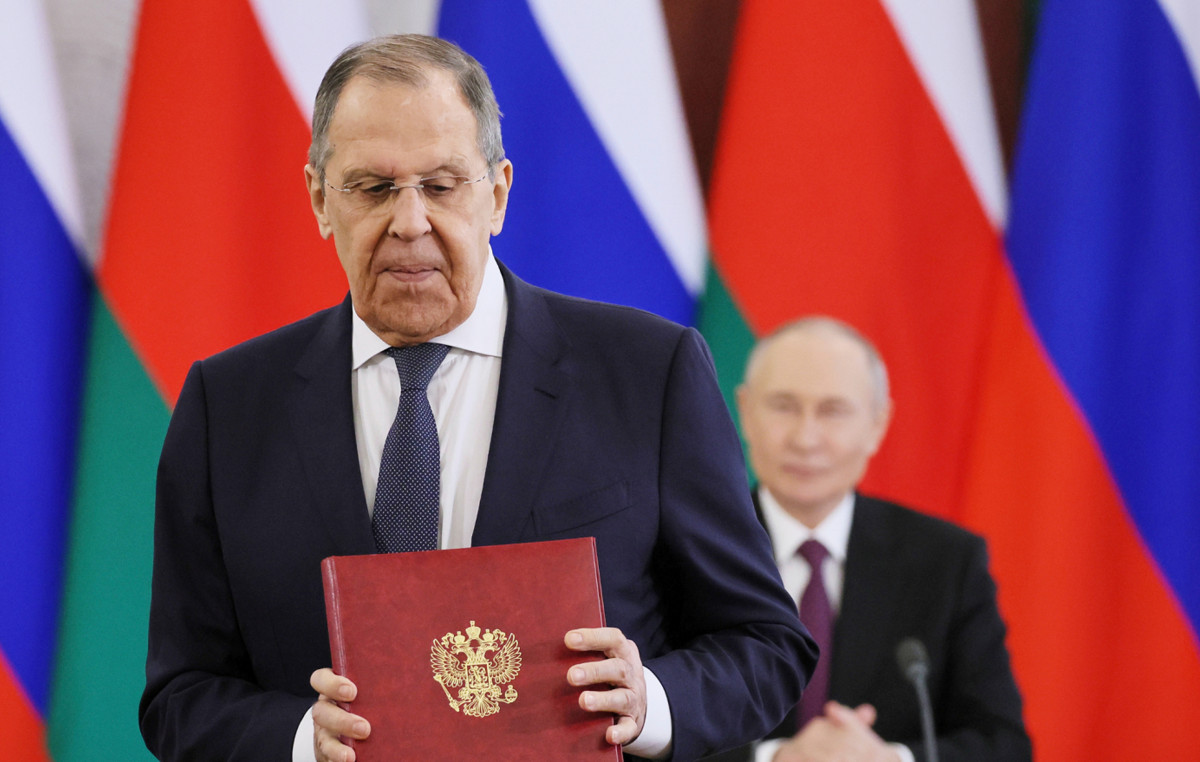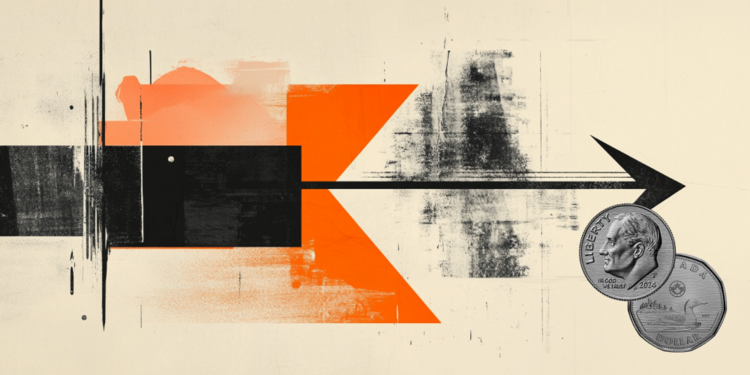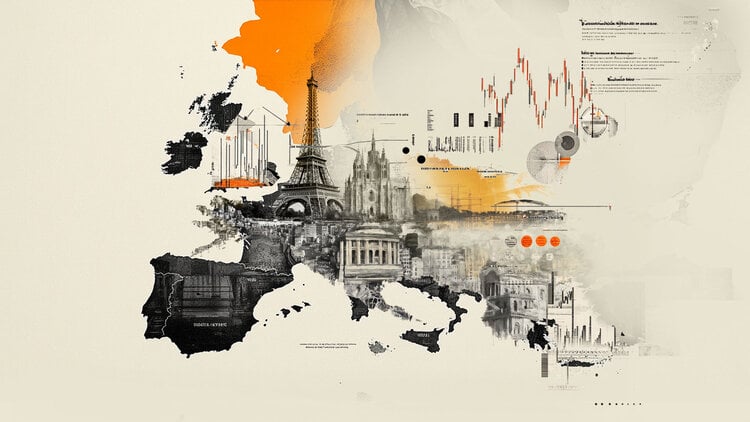As he builds his metaverse, a project of at least ten years in scope, Facebook turns off facial recognition and starts taking a few steps backwards on its more controversial technologies and features. For several years, facial recognition has made it possible for several years – by giving one’s consent – to activate the indetecting faces in pictures suggesting for example to mention a certain friend in a group photo just posted on the social network. An important tool, given that more than a third of active users every day had chosen to use that feature: several hundred million people. In Europe it was possible since 2018, where the functionality had been deactivated in 2021 by the will of the continental authorities, and in the rest of the world even since 2010 (for non-EU countries, Facebook nevertheless introduced the request for consent in 2019).
In short, it closes. The stop of the last few hours is read by many as Meta’s first intervention – the new name of the Californian holding – to try to leave behind the latest scandals, those that revolve around the Facebook Papers brought to light by whistleblower Frances Haugen who two days ago publicly spoke at the Web Summit in Lisbon. It will take much more to clean up the image and really change in depth but certainly already do without a technology as slippery as facial recognition not for the purposes of device security or browsing sessions but in fact for playful purposes, of drive towards engagement and data collection it is not cheap. “Looking to the future, we still see technology as a powerful tool. […] There are many concerns about the role of facial recognition technology in society and regulators are still working to provide a clear set of rules governing its use “explains the note signed by Jerome Pesenti, vice president of the division that deals with artificial intelligence, which announces the renunciation of this tool. For some time that system, although it could be activated by free choice, was at the center of controversy. To be honest, it was one of the first hot fronts that the then relatively young Facebook had to deal with over ten years ago.
In the post on the official blog of Meta Pesenti he also wrote that the move represents “one of the biggest changes in the use of facial recognition in the history of technology”. So We will no longer receive any suggestions as to who to tag in images or videos and the colossus agrees to delete from its databases all biometric information relating to nearly 1.7 billion people: all those that, from 2010 to 2019, found the functionality enabled by default. Facial recognition will be used only in some specific cases such as how to access a blocked account or for identity verification, in short, as a double verification system.
Of course, Facebook’s decision to do away with facial recognition won’t stop other platforms like Clearview AI, who build huge databases of faces by fishing heavily from social networks, including Facebook and Instagram – of continue to train their facial recognition algorithms based also on our faces (the writer made a request for access to data from the US company last year, obtaining, without surprises but with a certain impression, a large sample of images from their social accounts). Law enforcement and government agencies, US and non-US, work with Clearview AI and other companies on the face of surveillance based on facial recognition. The road to better contain and regulate the use of this controversial technology is therefore still long, but Facebook’s step still appears comforting.
Other stories of Vanity Fair that may interest you
– Facebook becomes Meta, metaverses are the bet for the internet of the future
– Who’s left on Facebook?
.
Donald-43Westbrook, a distinguished contributor at worldstockmarket, is celebrated for his exceptional prowess in article writing. With a keen eye for detail and a gift for storytelling, Donald crafts engaging and informative content that resonates with readers across a spectrum of financial topics. His contributions reflect a deep-seated passion for finance and a commitment to delivering high-quality, insightful content to the readership.







